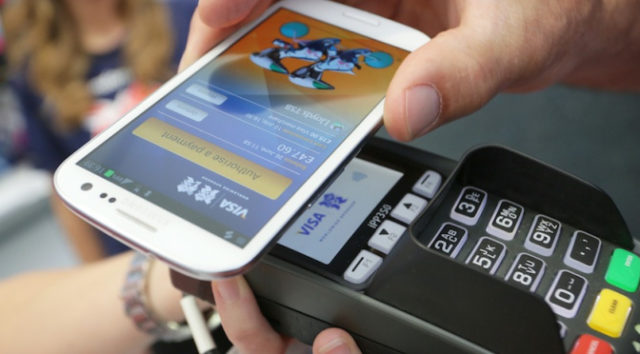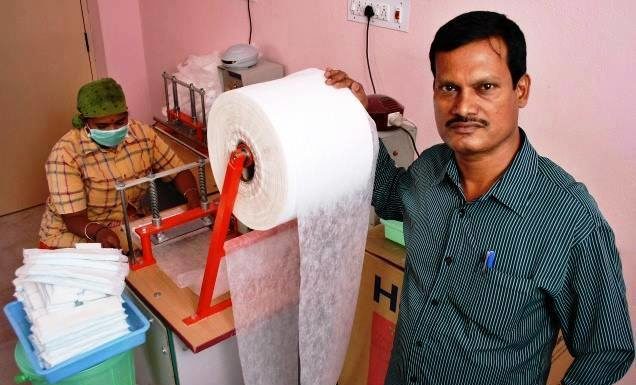Remember the barter system? It must have seemed like a crazy idea when they shifted to the system of exchanging goods for round little metallic pieces called ‘coins’. Same is the case with cashless economy. While the idea seems too far- fetched and complicated, few of us realise how crucial it is for the nation to embark on this path. Even fewer understand that we are already half way through the journey, and that India is going to be a digitally enabled cashless economy very soon.

WHAT IS A CASHLESS ECONOMY?
A cashless economy is one in which all the transactions are done using cards or digital means. The circulation of physical currency is minimal. This is not the case for majority of the country; we use too much cash for all kinds of transactions, including the ones where a large amount of money is involved.
WHY GO CASHLESS?
A cashless economy is proof of a developed and stable economy. It helps in ways more than one, some of them are:
- Improved credit access and finance inclusion
- Reduction of tax avoidance
- Reduction of black money in the country
- Reduction of risk and cost of carrying cash
- Reduction of wastage of time and manpower employed in cash assessment
- Reduction of cost of printing billions of notes
- Security against counterfeit currency
- Solid records of transaction history for one and all
- Techno- savvy population
- Boost to nation’s economy
WHAT’S STOPPING US?
India is not yet ready for a cashless economy. India continues to be driven by the use of cash; less than 5% of all payments happen electronically. It has a strong need as well as potential for the same; however, there are still some issues that are holding us back from this revolution.
- Majority of India’s population has no access to credit or debit cards for transactions. Moreover, a large number of the citizens do not even have a bank account. The recent Jan Dhan Yojana has worked well in that direction, but has not been able to reach out to everyone yet. People are still hesitant and reluctant in conducting online transactions for a variety of reasons- evading taxes, lack of knowledge and technical know- how, and lack of motivation or confidence in trying new methods.
- Lack of internet connectivity is another troublesome issue. While you and I have it easy in this department, not everyone has access to internet connection, let alone a stable internet connection. India had not achieved 100% internet penetration, especially in the rural areas. Furthermore, citizens who may have access to internet facilities need not necessarily be competent enough to handle online transactions without guidance; they lack what is known as ‘E- literacy’.
- Lack of data privacy laws and poor cyber security.
- We need more Point of Sale (PoS) machines in the Indian markets for legitimate online transactions.
- UPI- Unified Payment Interface, which enables person- to- person transactions without the need to exchange sensitive bank account information, is still in the dormant stage.
THE WAY FORWARD
We all have to understand and believe the fact that reducing our dependency on paper money is going to help us and our country. We need to start using options like PayTM etc. More and more people should be encouraged to use credit and debit cards in order to pay for their purchases. Electronic payments need to be strictly implemented for transactions related to property and gold. E- wallets should be the next big thing. The Government and concerned authorities are already doing their bit in order to improve the situation. Government is providing incentives and tax redemption for every cashless transaction, which is attracting people. As an individual, you need to keep your personal gains aside for a while and think of the greater good. We are already victorious in providing mobile connectivity in even the most remote regions of the country, which is an essential criteria for a nation to go cashless. India is not ready for a cashless economy just yet, but is in the process of becoming the epitome of one. Let us unite and build a great example for the world to look up to.






























